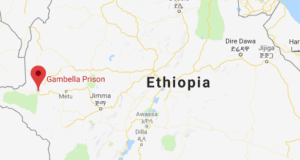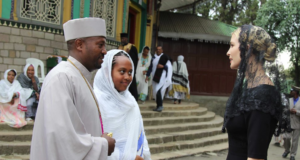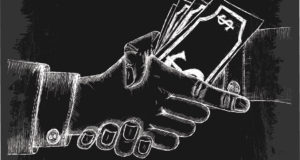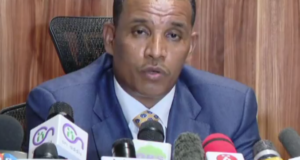ESAT News (June 8, 2017)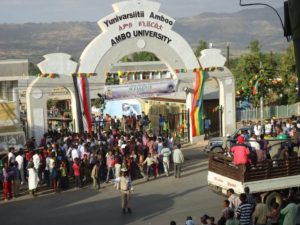
Students and residents of Ambo who spoke to News 24 say they expect protest against the regime will continue.
“It’s a fire under ashes,” a judge in a district near Ambo told News 24. He believes the lull in protests against the government is just temporary and could be reignited like a fire covered with ashes for later use.
Ambo, west of the capital Addis Ababa, was the center of the anti-government protests that began in 2015 which spread to the Oromo and Amhara regions forcing the regime to declare a state of emergency last October.
“We are just living day-to-day life in a situation of being afraid of everything,” a 23-year-old Ambo University student who took part in the demonstrations told AFP while sitting in an empty field above the town, the only place he felt safe from government informants.
Students say they worry about which of their classmates is spying on them, according to the report.
Sporadic demonstrations have continued to erupt despite the state of emergency and, were it to expire as scheduled in July, several Oromia residents believe the unrest would resume, the report added.
“It’s a fire under ashes,” a judge in a district near Ambo said of the protests.
As with many people interviewed for this story, the judge and the student spoke to AFP on condition of anonymity, fearing reprisals.
Outside the university, plainclothes policemen scan the roofs of homes for equipment capable of picking up transmissions from the US-based Oromia Media Network, a banned TV station whose programming is often explicitly anti-government, according to the university student.
Anyone caught watching the station is jailed and fined up to 2,200 dollars, the student said.
“What we can see on the ground now is what little freedom we had has gone away,” said a second Ambo University student. “I believe the protests will continue.”
 The Ethiopian Satellite Television and Radio (ESAT) No. 1 Ethiopian news media: Esat, Ethiopian news, daily Ethiopian news, ESAT tv, ESAT Radio, Ethiopia
The Ethiopian Satellite Television and Radio (ESAT) No. 1 Ethiopian news media: Esat, Ethiopian news, daily Ethiopian news, ESAT tv, ESAT Radio, Ethiopia
